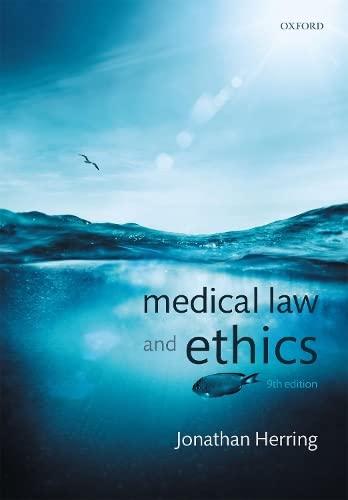Question
The secondary sector involves manufacturing and processing, i.e. the conversion of raw materials and components into goods. In this case, Vingroup has commercial interests in
The secondary sector involves manufacturing and processing, i.e. the conversion of raw materials and components into goods. In this case, Vingroup has commercial interests in manufacturing. For example, one of its divisions, VinFast, manufactures cars and motorcycles. Vingroup hopes to encourage the development of the industrial and manufacturing sector in Vietnam, contributing to the industrialisation and modernisation of the country. In 2018, Vingroup started to make mobile phones. The phones are being manufactured at a large factory in Haiphong. The tertiary sector is related to the provision of services. In this case, Vingroup also has a range of commercial interests in the services. For example, VinPro is the group's retail operation dealing with the sale of electronics, smartphones, tablets, laptops and home appliances. Vingroup also has commercial interests in shopping malls, offices, apartments, and commercial centres, as well as urban areas. It also operates hotels, resorts, restaurants, golf courses, suites and villas, theme parks, amusement parks, conservation parks and family entertainment centres. Finally, the group controls a number of hospitals and educational institutions.
1 What is favism?
2 What is the haemoglobin content of reticulocytes and how can this be measured or determined?
3 We are told that an erythrocyte sedimentation rate (ESR) above 100 mm/h has a limited differential diagnosis, mainly vasculitis, malignancy and granulomatous diseases. Could you explain whether that applies to an ESR after one hour or two?
4 What causes a raised erythrocyte sedimentation rate (ESR)?
5 What are the causes of very raised erythrocyte sedimentation rate (ESR)? I mean an ESR [1]100 mm/h. Is this test diagnostic in any disease besides polymyalgia rheumatica and giant cell arteritis?
6 1. Does the erythrocyte sedimentation rate (ESR) rise with age? 2. Can an ESR of 50 mm/h in an 80-year-old female with no evidence of systemic disease be considered normal?
7 1. What is a 'normal' erythrocyte sedimentation rate (ESR)? Is the equation of a normal ESR
age 10, correct? 2. Would a normal ESR exclude a vasculitic cause in the case of stroke? 8 In which conditions is C-reactive protein (CRP) more informative than the erythrocyte sedimentation rate (ESR)?
9 What is the management of an isolated high ferritin (without any signs, symptoms or changes in the other blood investigations)?
10 Is the mean corpuscular volume (MCV) useful? What is the RDW and when is it used?
Step by Step Solution
There are 3 Steps involved in it
Step: 1

Get Instant Access to Expert-Tailored Solutions
See step-by-step solutions with expert insights and AI powered tools for academic success
Step: 2

Step: 3

Ace Your Homework with AI
Get the answers you need in no time with our AI-driven, step-by-step assistance
Get Started


